“Many do not arrive, their dream sinks, wet papers, papers without owner”
We dawn in the autonomous Spanish City of Melilla and we go to the CETI. We are received by its manager, Carlos Montero, who will guide us on a visit to the facilities. Once there, we have the feeling of having entered a separate city within the walls of the institution. There hundreds of families of different nationalities live, go to the dining room, receive health care, dental care, day care and classes for children.
When we have the opportunity to talk to the immigrants they tell us that they are lawyers, mathematicians or painters, which makes us rethink how volatile our reality is. We have the feeling that those people running the center are working every day to try to dignify every human being, but we find it insufficient.
The balance in such a place is fragile. Even among them are different classes, religions and provenances; that’s the way people are.
After eating we are split into two groups.
Group 1: Hostel of the Conferences of Saint Vincent de Paul
One of the groups goes to a shelter for people at risk of exclusion. As a Vincentian Family we feel welcomed as in our own home, which is home to many families who can not afford independence. There they are received, their basic needs covered, and in the Vincentian charism the members accompany them during their stay there. We are grateful to share with our family the important work in this field.
Group 2: Street children
In the afternoon we are welcomed by the Cañada Viva project, there we are received by a teacher, Elvira, committed to the neighborhood of La Cañada; her illusion and joy infects us immediately. She accompanies us to a park in La Cañada, where we are received by volunteers and children from the street. From the minute one, the testimony of one of the young people who lived on the street went straight to the heart. A story of how a child becomes a man in just years, a testimony where the important thing is the human face. There are no laws, there is only dignity and humanity.
We left the place with many questions, wondering what can I do here? Quickly we find an answer: they offer us the possibility of helping in an evening meal with street children. We know that our help is a patch on the road, that we will not solve anything, but we get to know the reality and to contribute our little bit of sand and we go to it. The distribution of food is done near the port, where children on the street expect to do “risky”, a practice with which they risk their lives trying to sneak into the ships that leave for the Peninsula. When we arrived there are around 50, but just a little while ago, they tell us, there were about 100. The panorama is bleak, we do not believe this is still Spain, that this reality is unknown to us.
Under 8 years old sniffing glue, swaying from place to place, hungry. As soon as we show a little milk and fruit we get swarmed. It’s hard for us to keep smiling, but we cling to their happy faces, saying hello, thanking us for food …
For the many words that we tried to write explaining what happened last night, it is impossible. There are too many emotions, too many scenes of injustice. As soon as we get into the van, we ask God’s forgiveness for not knowing such reality, and we feel like Saint Vincent de Paul: “Sorry, Lord, I did not know.”



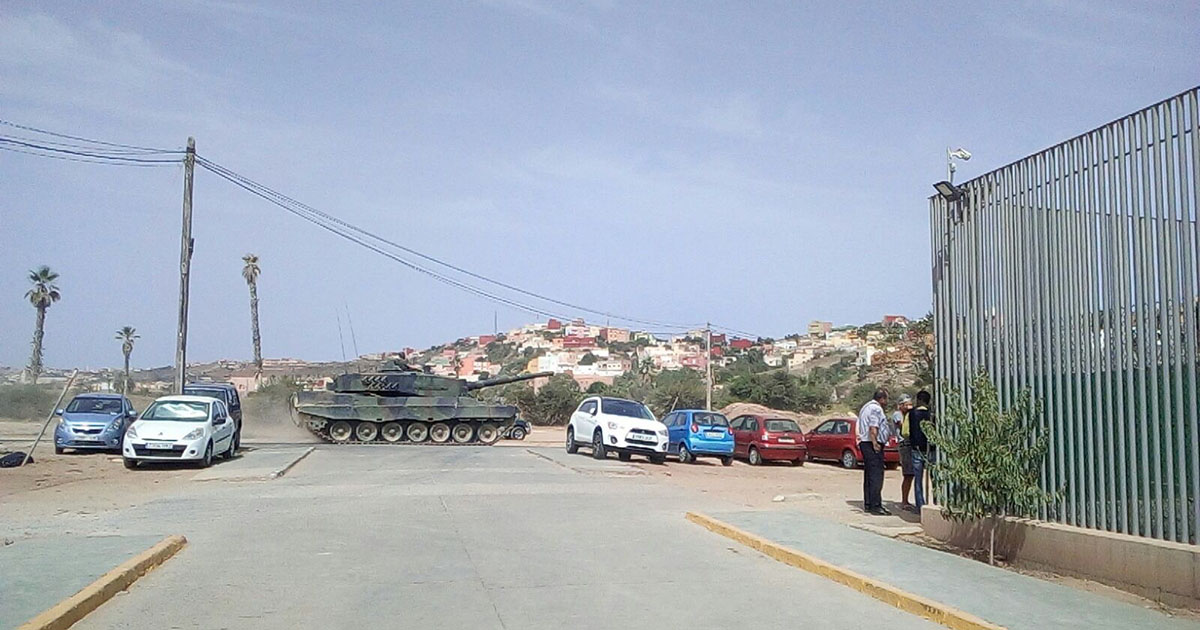
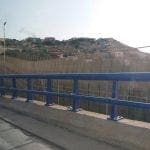
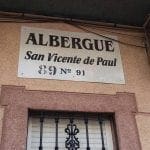
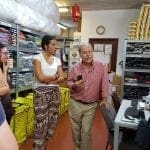
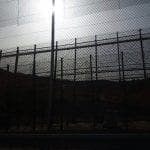
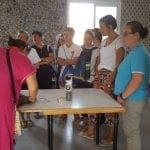
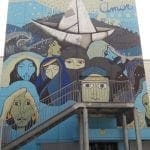
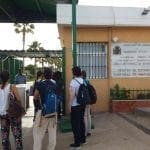
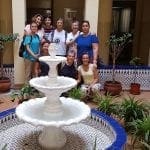
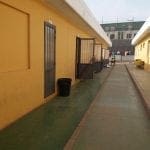




0 Comments